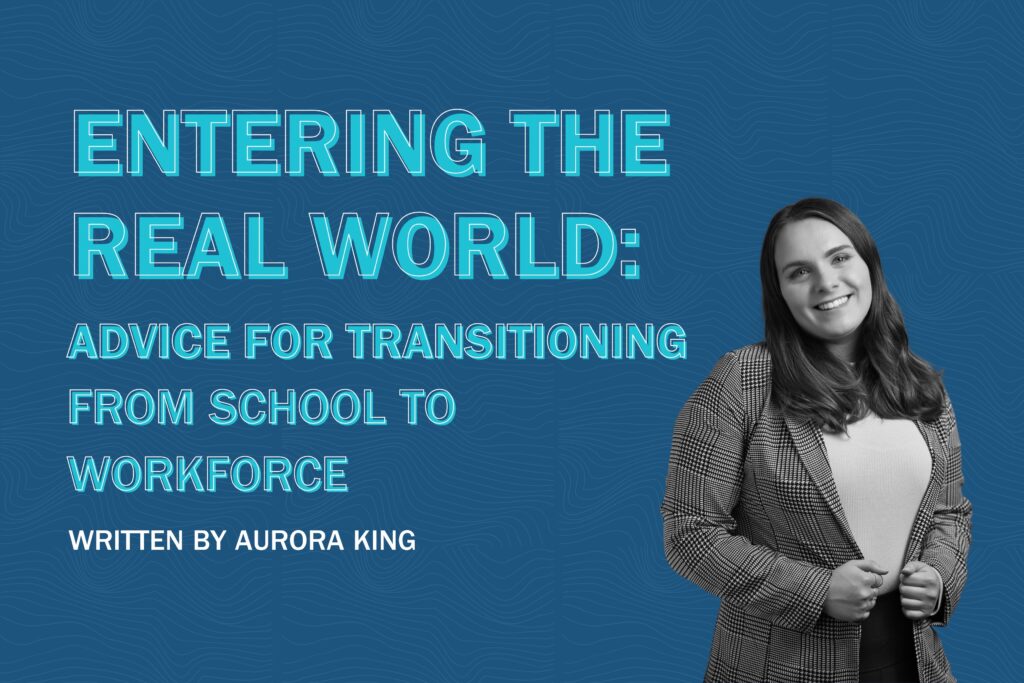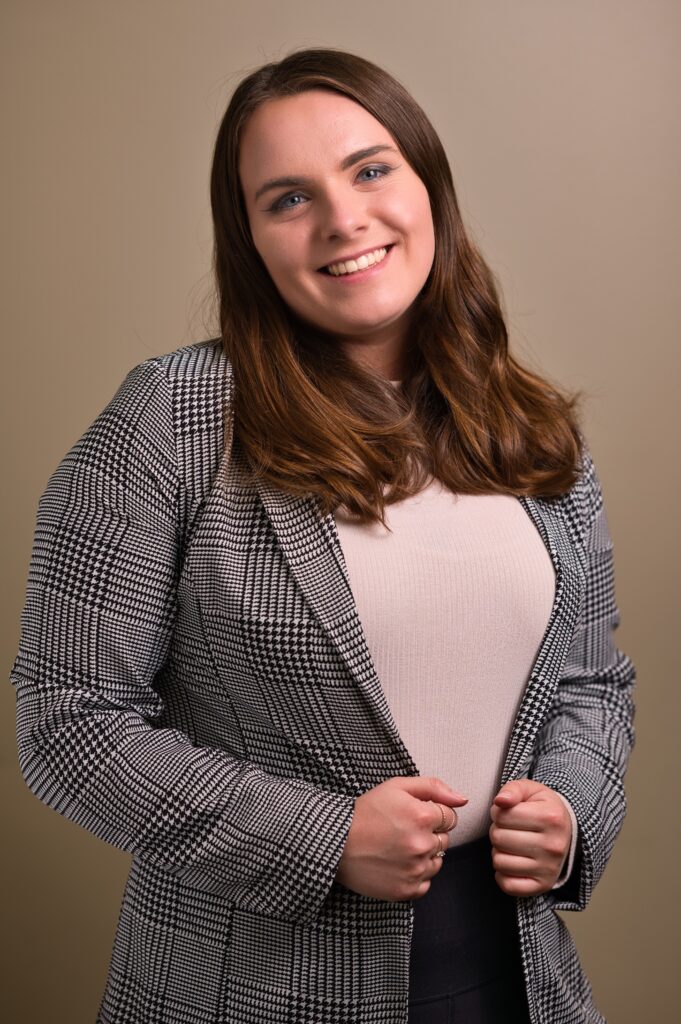Entering the Real World: Advice for Transitioning from School to Workforce

Graduation is an exciting moment for college students, but there is also a lot of uncertainty that comes with it. Many students are nervous to enter the “real world,” and can you blame them? For most college graduates, school has been their primary focus for years. Now, they have to adjust to a new lifestyle.
Whether you’re starting a full-time job, moving to a new city or living on your own for the first time, the transitions that come after graduation are hard. Although I haven’t finished my undergraduate journey, I’ve already moved across the country for a summer internship, and I’ve worked full-time jobs before. Below are some pieces of advice I gained from these experiences.
Give Yourself Grace
When I moved from Arkansas to D.C. for a summer, I expected a smooth transition. I thought I would need a few days to get settled, then I would be good to go. Spoiler alert: this was not the case. Even though I planned ahead of time, there were still lots of hiccups. Since I expected things to go off without a hitch, I failed to give myself breathing room to deal with the bumps along the way. In reality, the transition would’ve gone better if I had given myself time and patience to deal with the challenges.
It’s always a good idea to prepare for these types of transitions, but you can’t anticipate everything. There will be things you didn’t see coming, and that’s okay. When you know these issues will arise beforehand, you’ll be able to prepare yourself to deal with them in the moment.
Self-Reflection is Key
I could tell you the specifics of what worked best for me when I moved to D.C. or started working a full-time job, but everyone handles big transitions differently. This is why self-reflection is key. At the end of the day, no one knows you better than yourself.
When you are trying to adjust to a new schedule, city, or lifestyle, it’s easy to feel like you have to push onward constantly. However, you should build in some time to reflect on where you are in the transition mentally and physically. This can be a couple minutes at the end of the day, or an hour during the weekend. It doesn’t have to be long, but you should think about several things:
- How are you feeling about the transition you’re making?
- What parts of your routine are working? Why is that?
- What parts of your routine aren’t working?
- How can you improve what isn’t working by applying what you know about the successful aspects?
- What do you need to fix immediately?
- What can you give yourself a little bit of grace on?
By taking a couple minutes to do a self-assessment every now and then, you’ll be able to make your transition smoother and quicker.
Set Goals Outside of Your Career
In college, it feels like there is always something you can be working on: homework, studying for exams, planning events, etc. Work schedules are not the same way. There are no assignments due at 11:59 p.m. on Sundays. You have time to set goals outside of your career, and you absolutely should! While career goals are important, you should also set educational and personal goals.
Educational goals don’t have to be school-related. You can challenge yourself to read a new book, learn a language or take a cooking class. Personal goals might look like walking a nearby trail, trying a new restaurant or sticking to a workout routine. Setting educational and personal goals can help you maintain work-life balance and transition to a work schedule in a fun and flexible way.
The transition from school to the “real world” seems daunting at first. New experiences are always scary in some way, but they’re also an exciting time full of opportunities. While everyone approaches these changes in their own way, giving yourself grace, building in time to self-reflect, and creating goals outside of your career are some simple ways to make the transition easier.

Aurora King is a senior at the University of Central Arkansas double majoring in public relations and public administration. After graduation, she plans to attend graduate school to study nonprofit management with the career goal of doing public relations work for nonprofit organizations. Aurora gained experience in nonprofit public relations as an advocacy and communications intern with the Arthritis Foundation in Washington D.C. She is also involved in her school’s speech and debate team, ambassador program, and several other leadership organizations.
